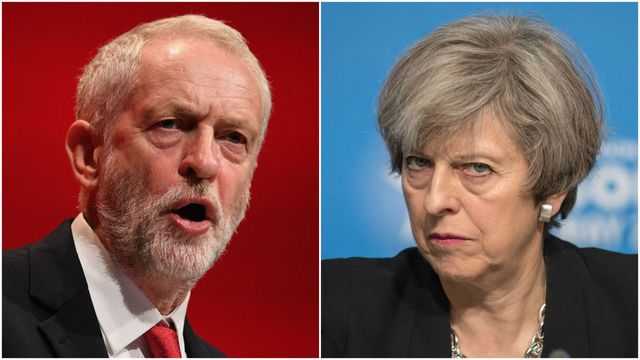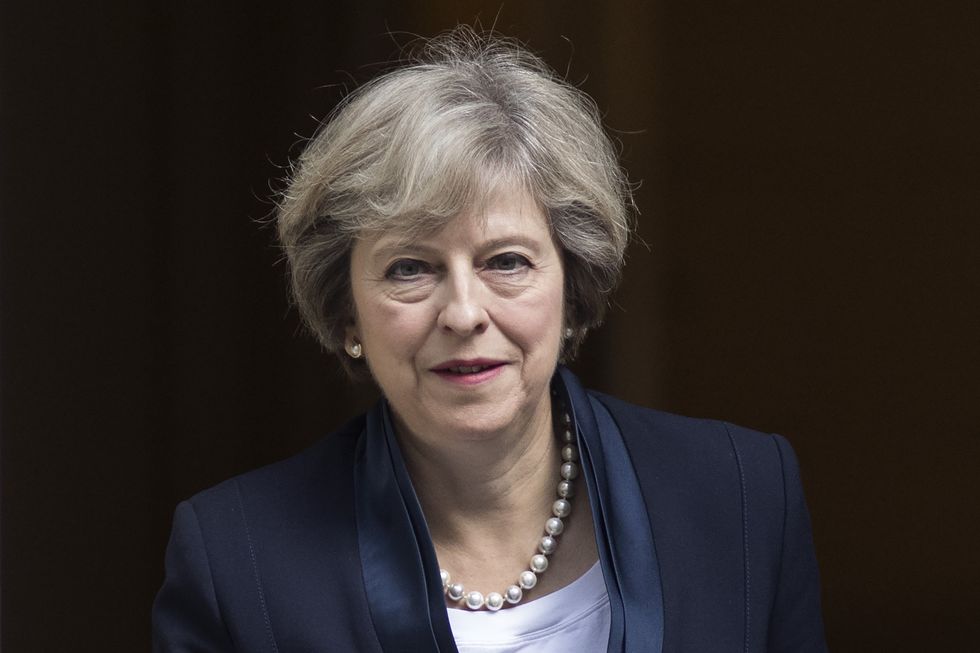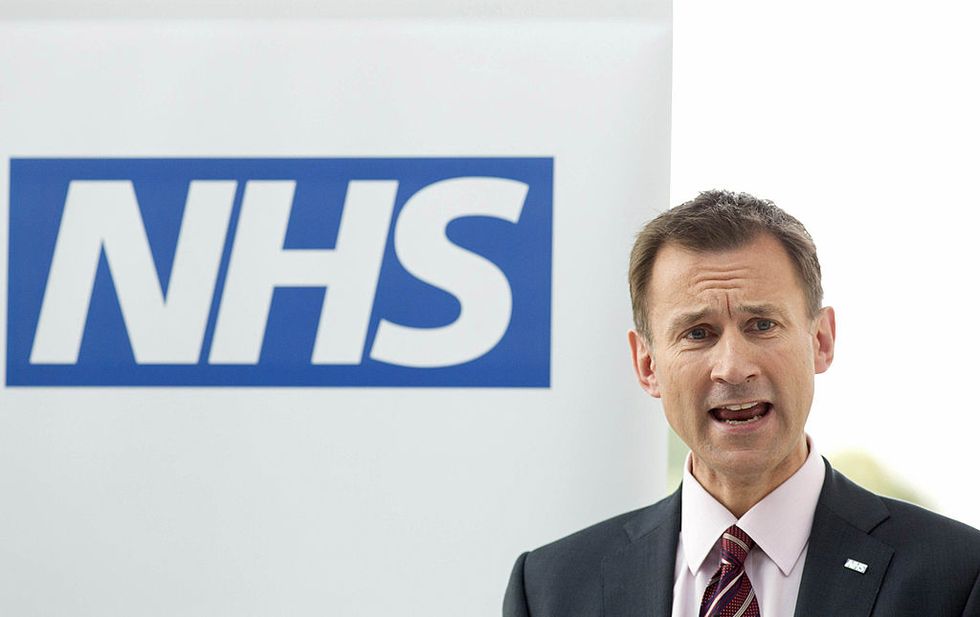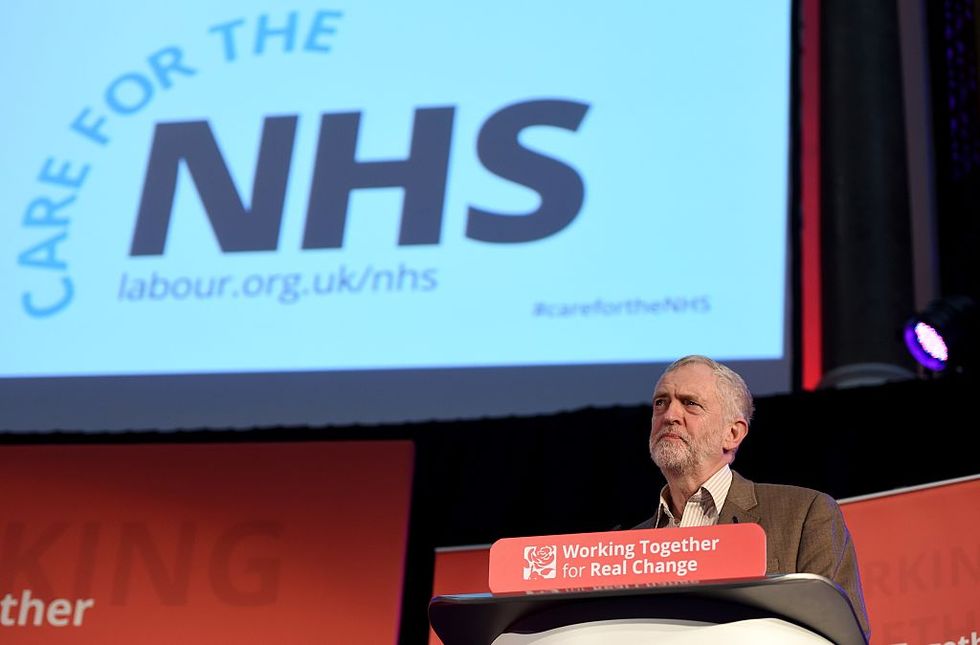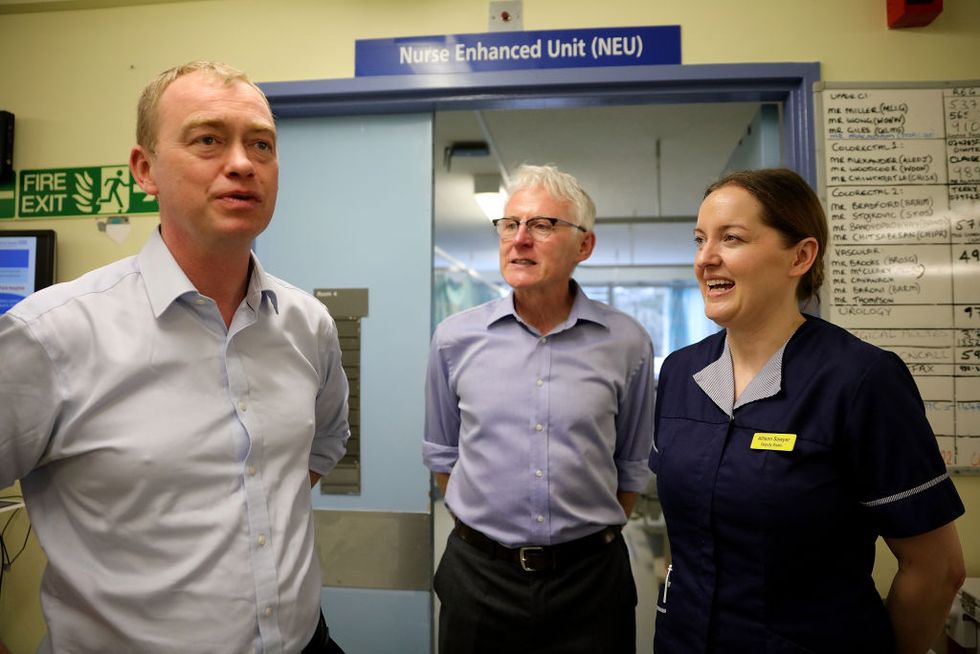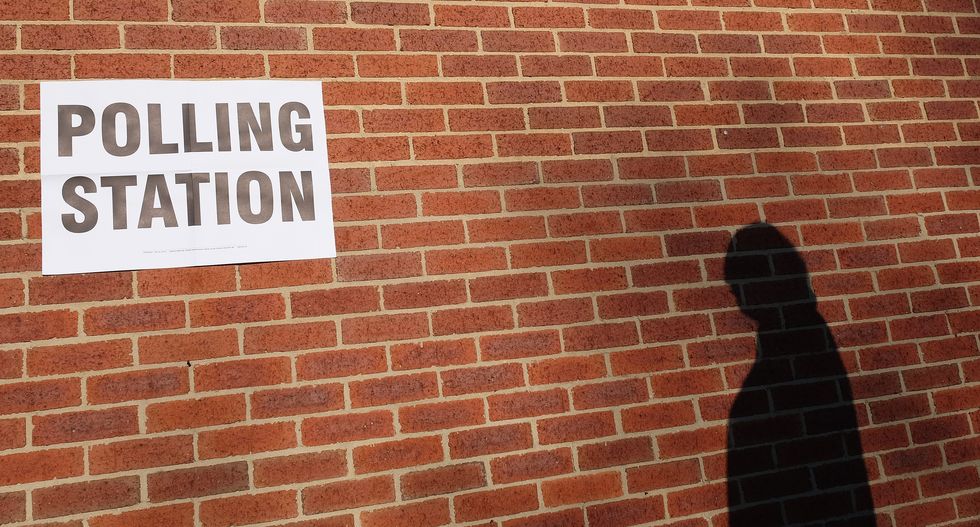The NHS is one of the most contentious issues in this year's general election.
At the start of the year, a poll conducted by Ipsos Mori revealed that over half of the British public (52 per cent) regarded the NHS as one of the biggest issues facing the country and that concern for the health service was at its highest since 2002. The latest monthly poll showed the NHS was currently on par with Brexit as being the main issue Brits are concerned with.
Amid the incessant squabbling by leaders in debates, different pledges that sound strangely similar and contrasting newspaper headlines, it can be difficult to work out what exactly each party is promising to do for our health service should they be elected.
Below is a roundup of what the three main parties have actually written about in their manifesto, when it comes to health and social care.
Conservatives
The focal point of Theresa May's party's manifesto revolves around continued commitment to the NHS and an increase of spending. In 2015, the Conservatives pledged to spend a minimum of £8 billion in real terms over the next five years and the manifesto says this is still the case.
As leaving the European Union has been May's biggest task during her short premiership, the party say securing the jobs of the 140,000 NHS staff from the European Union will be a priority in the Brexit negotiations.
Other pledges include:
- Tackling the discrimination of those with mental health problems and employing 10,000 more NHS mental health staff by 2020.
- Building and upgrading more primary care facilities, mental health clinics and hospitals in England.
- Recovering the costs of treating patients who are not residents in the UK.
- Increasing the Immigration Health Surcharge to £600 for migrant workers and £450 for international students.
- Named GPs for individual patients and a push for innovative services such as phone and on-line consultations.
- Encouraging the skill development of current NHS staff and reforming medical education.
Labour
The standout pledge of Jeremy Corbyn's manifesto when it comes to the NHS is the £30 billion the party have said they will invest. This will be done by increasing income tax for the highest 5 per cent of UK earners, increasing the tax on private medical insurance and halving the fees paid to management consultants.
Other key health policies are:
- Scrapping the NHS staff pay cap.
- Re-introducing bursaries for health-related degrees such as nursing and midwifery.
- Guaranteeing that patients will be seen in A&E within four hours.
- Free parking in NHS hospitals in England, funded by increasing the tax on private medical insurance premiums.
- Setting up a £250million children's health fund specifically focusing on obesity, dental health, under-fives and mental health.
- Increasing the budget for mental health care and putting it on par with physical care.
- Increasing the number of health visitors and school nurses.
- Guaranteeing the rights of EU NHS staff.
- Ending out-of-area hospital placements for children experiencing mental health problems.
- Publishing a childhood obesity strategy including implementing the sugar tax on soft drinks.
- Increasing the carer's allowance for unpaid, full-time carers.
- Making Pre-Exposure Phophylaxis (PrEP) medicine for HIV prevention available on the NHS.
Liberal Democrats
Similarly to Labour, the Liberal Democrats also want to invest more in the NHS by increasing income tax, although on a lesser scale. The party will put a penny on the pound on income tax which they say will raise £6 billion additional revenue which will be ring-fenced specifically for health and social care services.
In 2015, the party put mental health at the centre of their manifesto. They reiterate this in 2017 by pledging to make waiting times for mental health care the same as physical health.
Other key points include:
- The development of a health and care tax.
- Establishing a cross-party health and social care convention also with stakeholders from patient groups, the public and doctors and nurse groups.
- Guaranteeing the rights of EU NHS staff.
- Ending the pay freeze for staff.
- Reinstating student nurse bursaries.
- Ending out-of-area hospital placements for children experiencing mental health problems.
- Promoting evening and weekend hours for GPs and online, phone and Skype appointments.
- Making PrEP medicine for HIV prevention available on the NHS.
- Restricting the marketing of junk food to children (including through a television watershed).
- Mandatory targets on sugar reduction for food and drink producers.
- Introducing a levy on tobacco companies so they contribute to health care and stop smoking services.
Across the board, other parties also centre their pledges around a proposed increase of funding for the service:
- The Green party say they will repeal the Health and Social Care Act of 2012, increase funding and make mental health a higher priority within the service.
- The Scottish National Party reiterate their commitment to increasing the budget of NHS Scotland by £2billion by the end of the current Scottish parliament. They also say they will continue to vote against any further privatisation of the NHS in England.
- Plaid Cymru have pledged to train and recruit 1,000 more doctors and 5,000 more nurses in Wales and establish a new medical school in North Wales.
- UKIP say they will take £11 billion out of the foreign aid budget and directly divert it into health and social care budgets.
The vote takes place next Thursday 8 June.

